We have fought against Covid-19 virus for more than 3 years. We cannot completely defeat and eliminate virus, but we can enhance our immunity to get along with virus, and ultimately survive.
After government started to ease Covid policies last December, the number of COVID infections in major cities has soared. Most people get medicine to recover, some severe patients need to use CT scan to check how severe they are infected by virus.

A CT scan (computed tomography) is a medical imaging technique that uses X-rays and computer technology to produce detailed images of the body. It allows doctors to see various parts of the body, including bones, muscles, organs and blood vessels, and helps diagnose conditions such as tumors, fractures, infections and internal bleeding. During a CT scan, the patient lies on a table and moves through a large circular scanner that takes multiple X-ray images from different angles and combines them to create a detailed cross-sectional image of the body. The amount of radiation during a CT scan is generally considered safe, but repeated scans may increase the risk of cancer.
Healthcare professionals use these images to assess and assist in the diagnosis of disease location, make an individualized treatment plan for the patient. This is usually combined with a regular health check program.
Nowadays, as an effective and powerful radiology diagnostic tool.
Besides it, there are other three medical imaging methods: MRI, PET CT, Ultrusound
MRI scan:
An MRI (magnetic resonance imaging) scan is a medical imaging technique that uses strong magnetic fields and radio waves to produce detailed images of the internal structures of the body. It is often used to examine the brain, spine, joints, and other soft tissues. During an MRI scan, the patient lies on a table that slides into a large cylindrical scanner. Scanners use strong magnetic fields and radio waves to create detailed images of the body. Unlike CT scans, MRI scans do not use X-rays and are therefore safer for patients concerned about radiation exposure. The procedure is non-invasive and painless, but patients may need to remain still for up to an hour while the scan is performed. MRI scans are commonly used to diagnose a range of medical conditions, including tumors, injuries, infections and degenerative diseases.
PET CT:
A PET (positron emission tomography) scan is a medical imaging technique that uses a small amount of radioactive material (tracer) to produce a three-dimensional image of the body. PET scans can detect changes in cellular metabolic activity, which can help diagnose and monitor the progression of many diseases, including cancer, neurological disorders, and heart disease. During a PET scan, the patient is injected with a tracer, which builds up in the area of the body being examined. The patient then lies on a table and enters a large circular scanner, which detects the tracer and generates images based on metabolic activity in the body. PET scans are often combined with other imaging tests, such as CT or MRI scans, to provide more detailed information about the internal structure and function of the body. The procedure is generally safe, but patients receive a small amount of radiation from the tracer. PET scans are non-invasive and usually take up to an hour to complete.
Ultrasound Scan:
An ultrasound scan, also called a sonography, is a medical imaging technique that uses high-frequency sound waves to produce images of the inside of the body. During an ultrasound scan, a hand-held device called a transducer is placed on the skin or inside a body cavity, and it sends sound waves through tissue. Sound waves bounce off internal organs and tissues, where they are detected by a transducer, creating a real-time image on a computer monitor. Ultrasound scans are often used to look at organs such as the heart, liver, kidneys, and reproductive organs, and to monitor fetal development during pregnancy. It is a safe, noninvasive procedure that does not use ionizing radiation and is safe for pregnant women and unborn babies. In addition, it can be used to guide minimally invasive procedures, such as tumor biopsies or catheter placement. The procedure is usually painless and usually takes 20 to 60 minutes to complete, depending on the area to be examined.
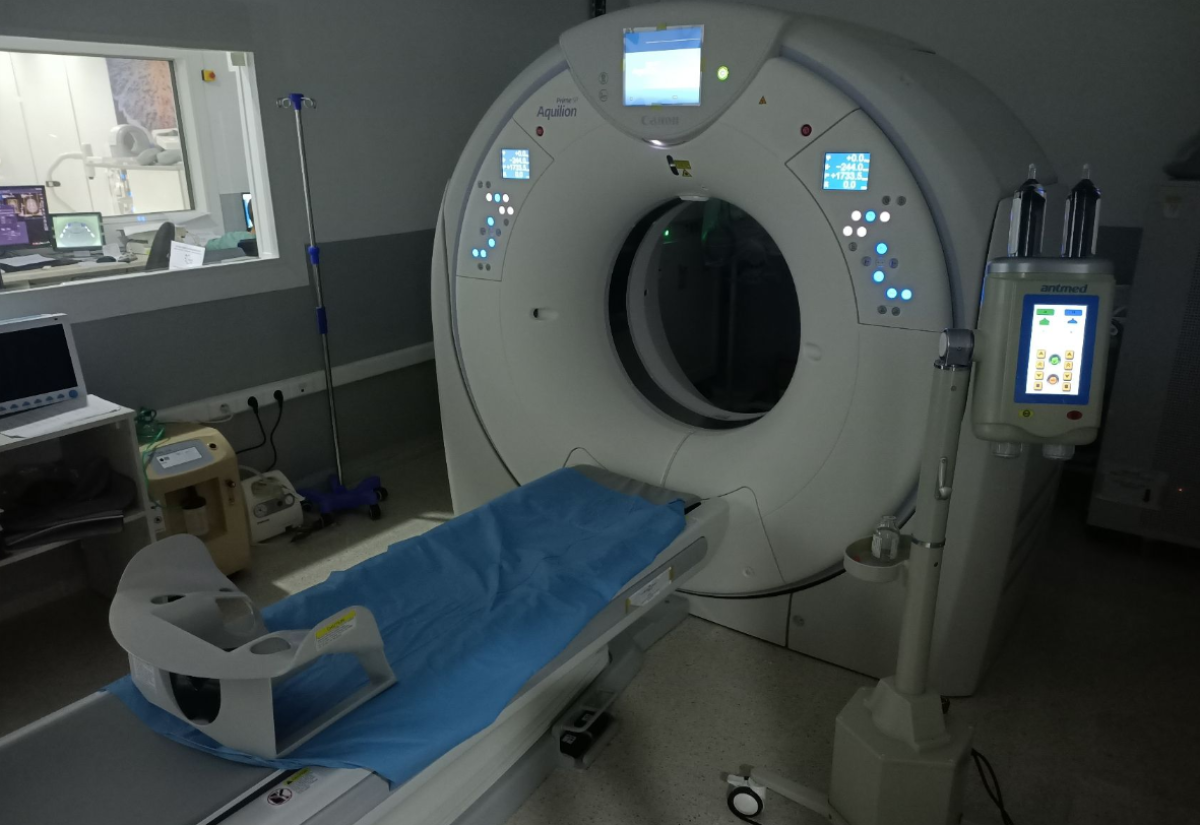
Famous Scanner Brands:
GE Healthcare, Revolution Series;
Canon, Aquilion Series;
Philips Healthcare, Spectral Series;
Siemens Healthcare, Naeotom Alpha CT Scanner;
Shimadzu Corporation, Microfocus Series;
Fujifilm Holdings;
Famous Media Power Injectors:
Bayer HealthCare LLC
Medrad Mark 7 for Angio
Medrad Salient CT Dual
Medrad Spectris for MRI
Medrad Spectris Solaris for MRI
Medrad Stellant CT Dual
Medrad Stellant Single CT
Medrad Vistron, Envison CT
Medrad Vistron, Envison, MCT for CT
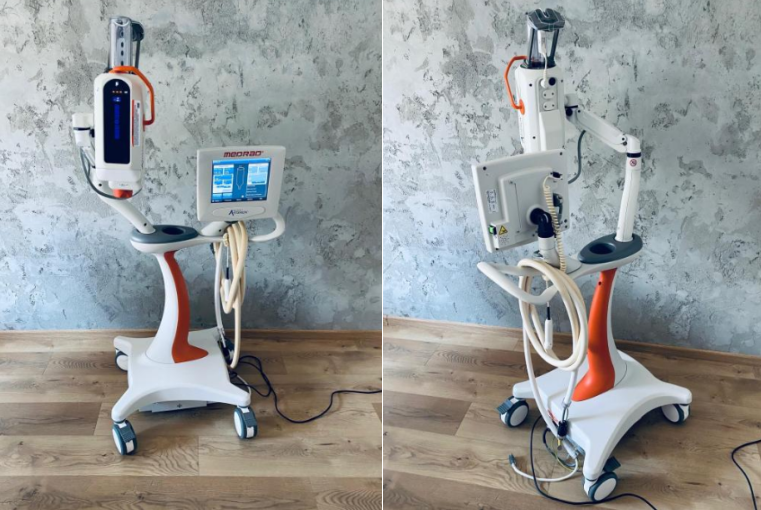
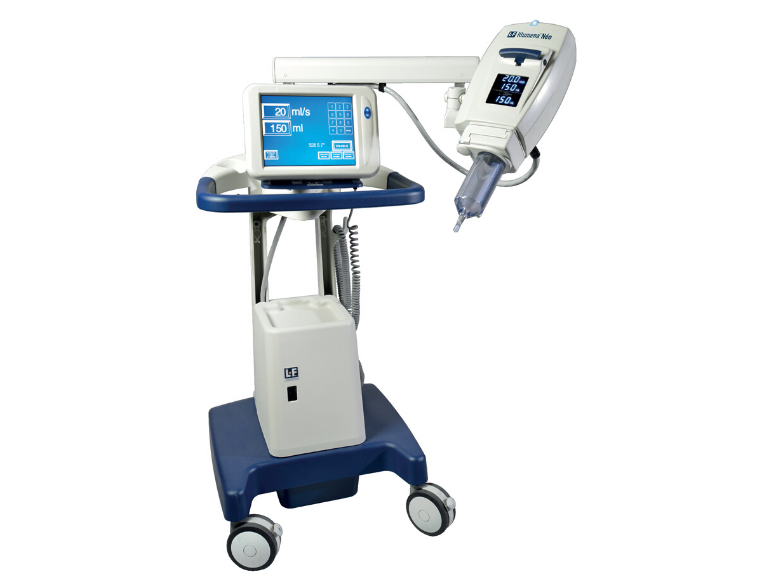
Bracco Group
EZEM Empower for CT
EZEM Empower for CTA
EZEM Empower for MRI
EZEM Empower for CT
EZEM Empower dual for CT
Guerbet Group
LF OPTISTAR for MRI
LF Advantag A, for CT
LF Advantag B for CT
LF Advantag Dual Heads for CT
LF Angiomat 6000 for Angio
LF Angiomat Illumena for Angio
LF CT9000 & CT9000ADV for CT
Medtron AG
MEDTRON Accutron CT for CT
MEDTRON Accutron CT-D for CT
MEDTRON Accutron MRI for MRI
MEDTRON Accutron HP-D for DSA
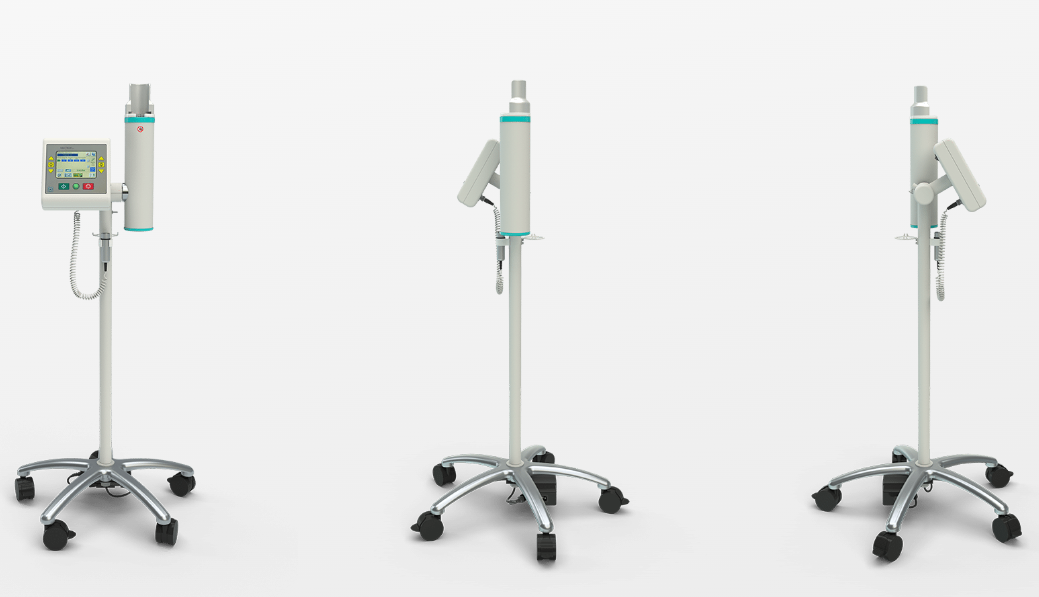
Nemoto Kyorindo Co., Ltd.
Nemoto A-25,A-60 for CT(Dual-head)
Nemoto for MRI
Nemoto for DSA
Shenzhen Antmed Co Limited
ImaStar CSP, CDP, ASP, MDP,
Floor-standing type and ceiling-mounted type
We can also supply equivalent consumables compatible with our power injectors.
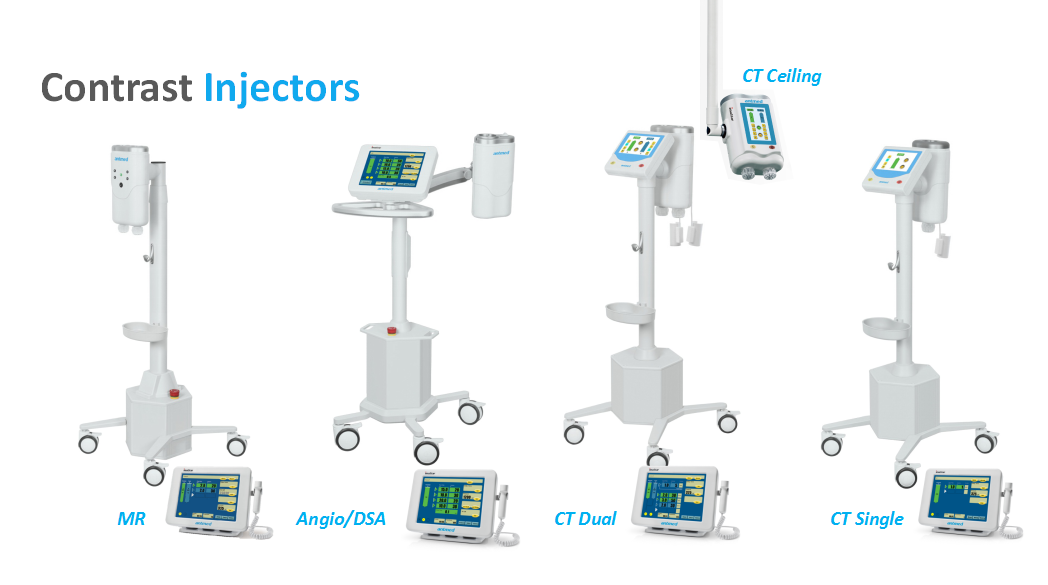
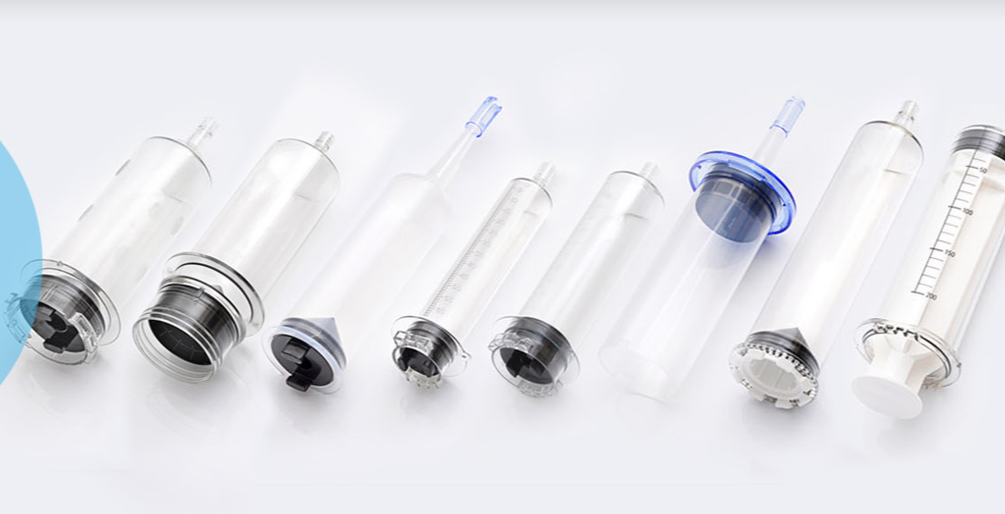
Antmed has warehouse in Europe and Los Angeles, USA. We can meet your need in a timely manner. Please contact us today info@antmed.com. We would like to hear from you.
Post time: Apr-06-2023

